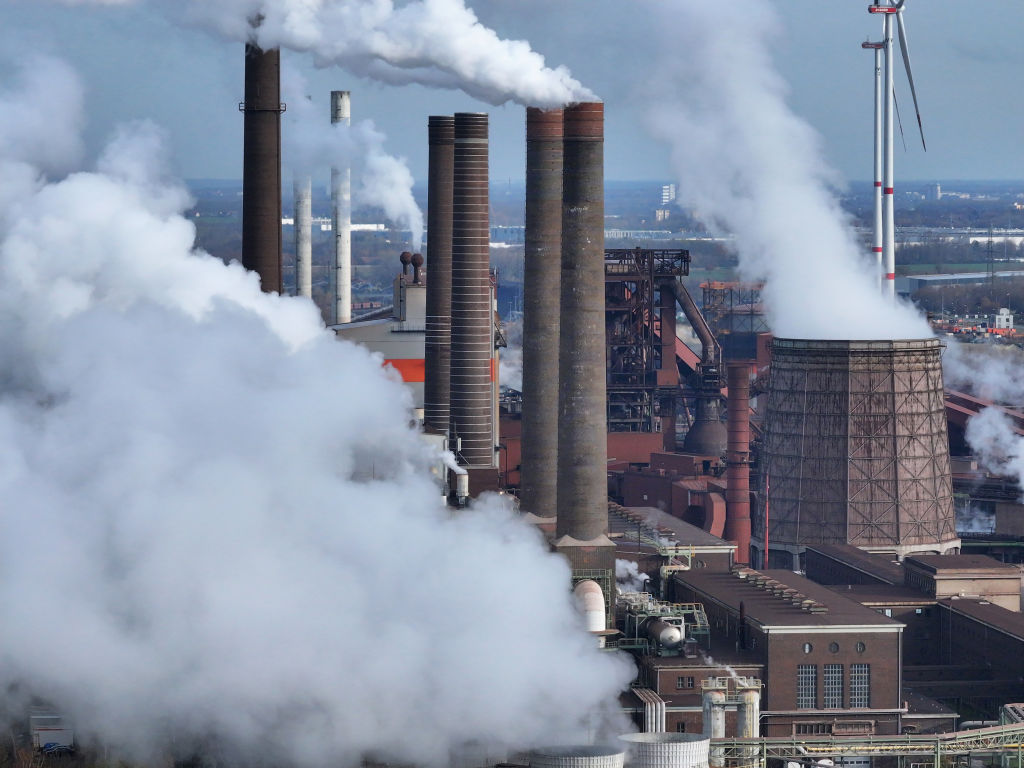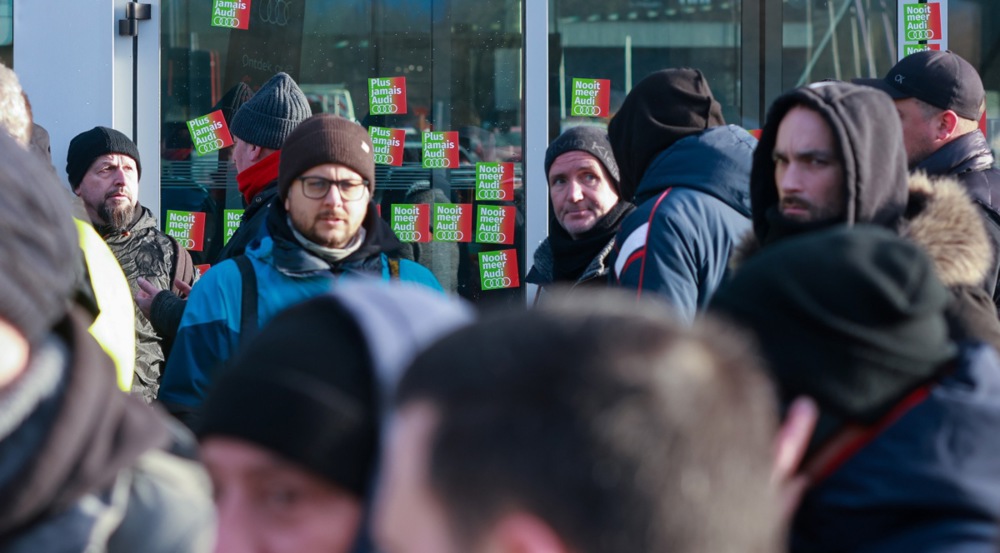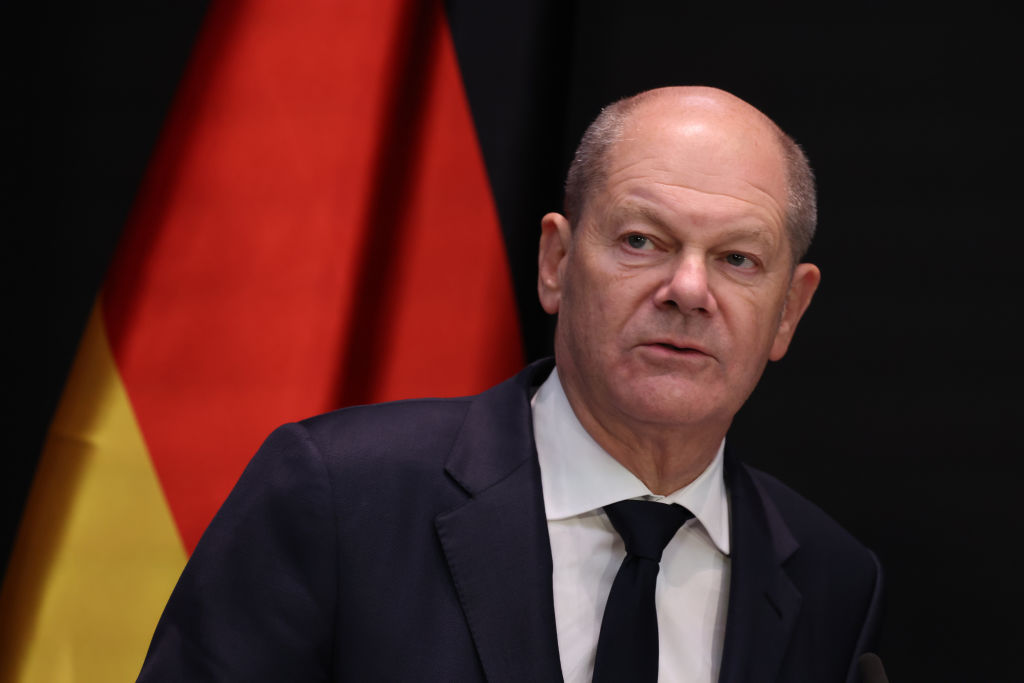August saw the sharpest decline in German industrial production since the outbreak of the war in Ukraine in 2022.
Experts expect a further decline and a harsh winter.
Destatis, the Federal Statistical Office, said in its latest report published today, that production in industry last month was down 4.3 per cent compared to July and down 3.9 per cent compared with August 2024.
The less volatile three-month on three-month comparison showed that production was 1.3 per cent lower in the period from June to August this year than in the previous three months.
Some hope had emerged in July, with production rising by 1.3 per cent. Yet Europe’s largest economy has struggled since spring. Manufacturing output has only increased once in the five months from April to August.
Major drivers of the downturn were the sharp decrease seen in the automotive industry, Germany’s largest industrial branch, which fell 18.5 per cent compared to the previous month and a downturn in the production in the manufacture of machinery and equipment of 6.2 per cent.
The pharmaceutical industry declined by 10.3 per cent while the manufacture of computers, electronic and optical products went down 6.1 per cent.
In August, production in industry excluding energy and construction was 5.6 per cent lower from July after seasonal and calendar adjustments.
Industry saw sharp declines across the board. Capital goods plunged 9.6 per cent, consumer goods fell 4.7 per cent and intermediate goods dipped 0.2 per cent. Meanwhile, energy output slipped 0.5 per cent, while construction edged up 0.6 per cent.
Compared with August 2024, production in industry excluding energy and construction was down 5.1 per cent.
In energy-intensive industrial branches, production increased by a modest 0.2 per cent.
Output over the June to August period fell 2.7 per cent from the previous three months. Year-on-year, production dropped 4.0 per cent compared to August 2024.
“This is another severe blow to the German economy,” Landesbank Baden-Württemberg analyst Jens-Oliver Niklasch told German media.
“For the third quarter, a further decline in economic output is therefore more likely.” Currently, it is “increasingly difficult to justify our still positive outlook for 2026”, he said.
Commerzbank chief economist Jörg Krämer told news outlet Die Welt: “Industrial production slumped in August mainly because the factory holidays at carmakers mostly fell in this month and there were also production changes.
“Apart from this one-off effect, industrial production has been moving sideways in its basic trend for about a year, after it had previously fallen in trend for six years,” said Krämer.
“We do not expect a stronger revival until next year, when the federal government massively increases its spending financed by debt and fuels the economy.”
Sebastian Dullien of the union-aligned IMK Institute, downplayed the severity of the production decline, calling it “less catastrophic than the raw numbers imply”.
He said he anticipates a rise in aggregate demand in the coming months, which could help stabilise industrial output.
He cautioned, though, that “given the shifting global landscape, marked by the US’s growing trade policy isolation and intensified industrial competition, German industry will struggle to regain its 2021 production levels”.
German industrial production plunged over 5% m/m in August to the lowest since the pandemic in 2020 amid a collapse in capital goods output – car production was down 20% due to production halts and shifts to new models. Likely to be reversed but not fully. It's not looking good. https://t.co/ZpMJFUh685 pic.twitter.com/vR8BpRJWna
— Daniel Kral (@DanielKral1) October 8, 2025





